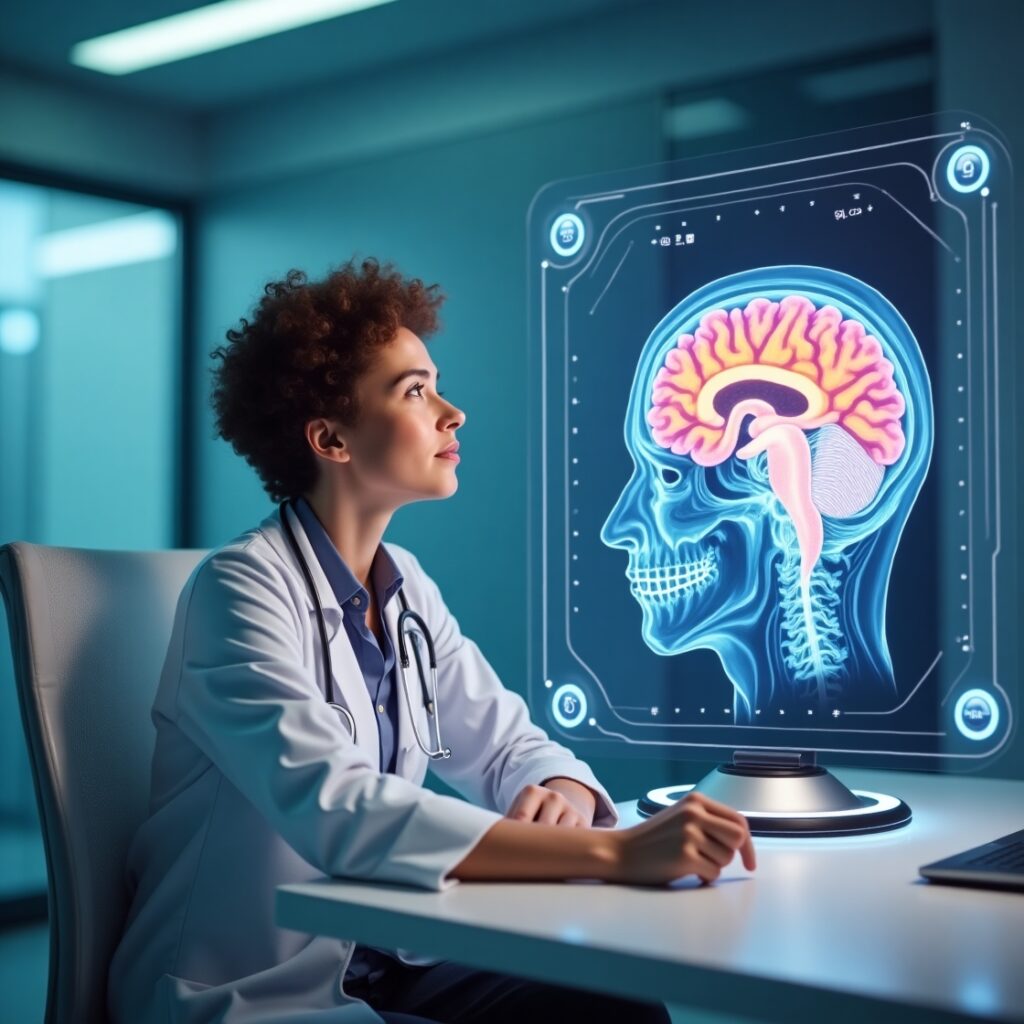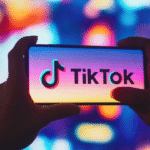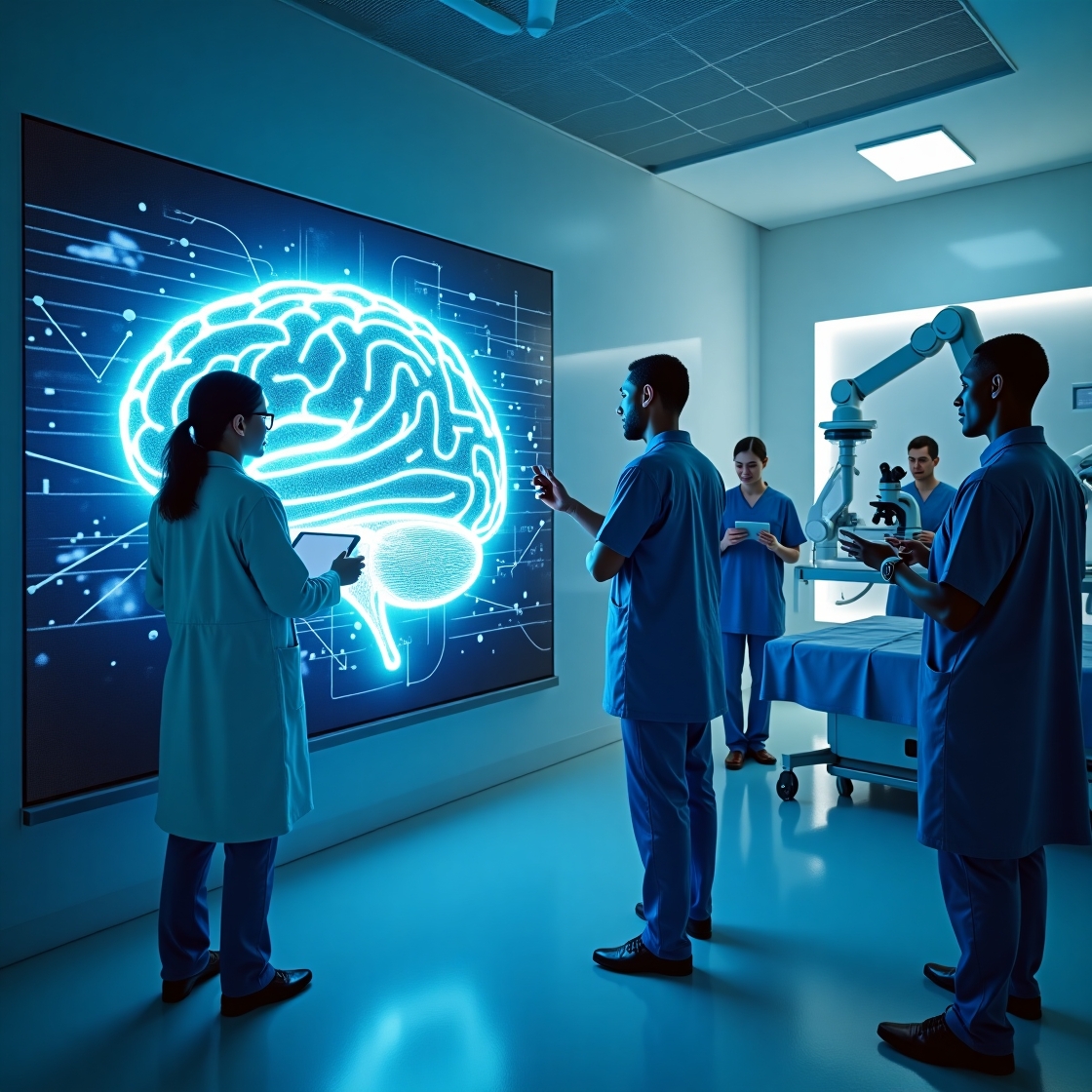The Healthcare industry is rapidly adopting Artificial intelligence (AI)in 2025 by enhancing diagnosis, treatment efficacy, and overall patient care. From predictive information to robotic surgery procedures, AI technologies are more than mere things of the future—present reality. In this article is a look at the top 10 AI innovations that are transforming contemporary medicine and why healthcare clinicians and patients themselves must tune in.
1. AI-Based Early Diagnosis Solutions
Advanced algorithms now detect cancers, Alzheimer’s, and cardiovascular illnesses earlier in life than ever before. AI reads medical images, DNA sequences, and patient histories to detect risks before symptoms occur.
2. Personalized Treatment Planning
AI computers sort through vast amounts of data to customize treatment plans based on an individual’s genetics, lifestyle, and medical history enhancing success rates and reducing side effects.
3. Robotic Surgery with AI Precision
Artificial intelligence-enabled robotic surgery is improving surgical results with more precision, less invasiveness, and shorter healing times.
4. Virtual Health Assistants & Chatbots
Virtual AI-powered assistants help patients with chronic conditions, medication schedules, and follow-ups.
5. Predictive Analytics for Preventive Care
AI identifies health trends and risk factors among patient populations so that healthcare professionals can intervene preventively and reduce hospitalization.

6. NLP for Clinical Records
AI uses NLP to convert unstructured clinical narratives into actionable information, improving care coordination and documentation accuracy.
7. AI-Powered Medical Imaging
Radiology and pathology are being enhanced through AI models that detect abnormalities quicker and more accurately than human counterparts.
8. Drug Discovery & Vaccine Development
AI shortens the length of the cycle of drug development by molecular response prediction and optimization of clinical trial candidates.
9. AI Monitoring of Mental Health
Speech, internet activity, and wearable information are tracked by machine learning models to search for early signs of mental diseases such as depression or anxiety.
10. AI-Based Remote Patient Monitoring
Wearable devices and remote sensors with integrated AI send real-time medical information, enabling physicians to monitor patients remotely and intervene sooner.
Conclusion
As in most other industries, we should expect the Healthcare industry to invest heavily in AI and rapidly incorporate it in its different aspects such as patient care, expense reduction, and clinical accuracy. For patients and physicians alike, the future of healthcare is AI—and it’s here today







